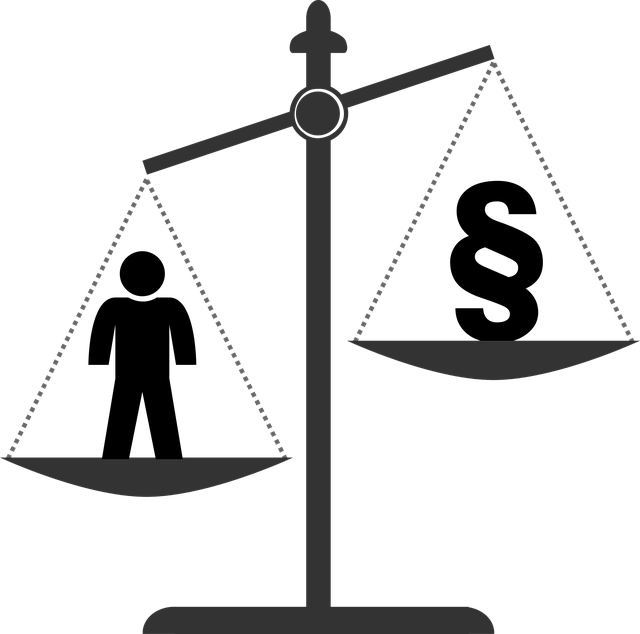Uncovering motives in financial crimes through plea bargaining agreements offers insights into accused individuals' actions, aiding truth-seeking and justice. Ethical considerations balance fairness, transparency, and public trust while navigating complex cases, preventing guilty parties from escaping accountability and maintaining legal integrity.
In the intricate world of finance crime investigations, understanding the underlying motives and navigating complex agreements are pivotal. This article delves into the multifaceted aspects of financial crime probes, focusing on three key areas: uncovering the origins of illicit activities, exploring plea bargains, and addressing ethical dilemmas within these agreements. By examining these components, we uncover critical ethical considerations in plea bargaining, striking a delicate balance between justice and transparency.
- Uncovering Motives: Probing Financial Crime Origins
- Plea Bargains: Balancing Justice and Transparency
- Ethical Dilemmas: Fairness vs. Conviction in Agreements
Uncovering Motives: Probing Financial Crime Origins
Uncovering the motives behind financial crimes is a crucial step in the probe process. Investigators must navigate complex networks to understand why these illicit activities occurred, whether it’s for personal gain, corporate fraud, or even political corruption. This involves delving into the circumstances surrounding the crime, the perpetrator’s background, and any ethical considerations that may have influenced their actions. Plea bargaining agreements, for instance, can provide insights into the motivations of accused individuals, offering a chance to uncover the truth and ensure justice is served.
By examining these factors, investigators can piece together the origins of financial crimes, which is essential in building robust cases. It also helps in tailoring strategies to win challenging defense verdicts and ensuring that all stages of the investigative and enforcement process are conducted fairly and transparently for each respective business involved.
Plea Bargains: Balancing Justice and Transparency
Plea bargains, a common practice in criminal justice, present a delicate balance between achieving justice and ensuring transparency. When a defendant agrees to plead guilty in exchange for reduced charges or sentencing, it can be a powerful tool to expedite trials and resolve cases efficiently. However, this process raises significant ethical considerations, especially regarding the protection of the innocent and maintaining public trust. The challenge lies in striking a balance where plea bargains serve their purpose without compromising the integrity of the legal system.
In the corporate and individual client landscape, plea bargaining agreements can have far-reaching implications. They impact not only the respective business interests but also shape perceptions within philanthropic and political communities. Therefore, any reforms or guidelines should carefully navigate transparency concerns while safeguarding the rights of all stakeholders involved. Ethical considerations in plea bargaining agreements are crucial to maintaining public faith in a just and transparent legal system.
Ethical Dilemmas: Fairness vs. Conviction in Agreements
In the intricate dance of justice, ethical considerations in plea bargaining agreements form a crucial ballet. On one hand, fairness demands that individuals facing white collar defense charges should be treated equitably, with an eye towards truth and restraint. This includes ensuring that any agreement does not force innocent confessions or compromise the integrity of the legal process. On the other hand, the pursuit of conviction must be balanced against potential injustice, especially when dealing with complex white collar crime. Agreed-upon plea deals can offer a path to resolving these cases efficiently, avoiding lengthy trials and the potential for excessive punishment.
However, navigating this ethical labyrinth requires vigilance. While striking a balance between fairness and conviction is essential, it’s equally vital to prevent agreements that might lead to the avoiding indictment of guilty parties or result in the complete dismissal of all charges. The goal should be a just resolution that holds offenders accountable while upholding the integrity of the justice system.
In the pursuit of justice, the intricate dance between uncovering financial crime motives, negotiating plea bargains, and navigating ethical dilemmas is a complex landscape. As these agreements form crucial components of criminal proceedings, it’s essential to strike a delicate balance between ensuring fairness and promoting transparency. By carefully examining the underlying motivations and implementing robust ethical considerations in plea bargaining, legal systems can foster integrity while still achieving conviction. This approach underscores the importance of a nuanced understanding of financial crime investigations, ultimately strengthening the tapestry of justice in today’s digital age.






